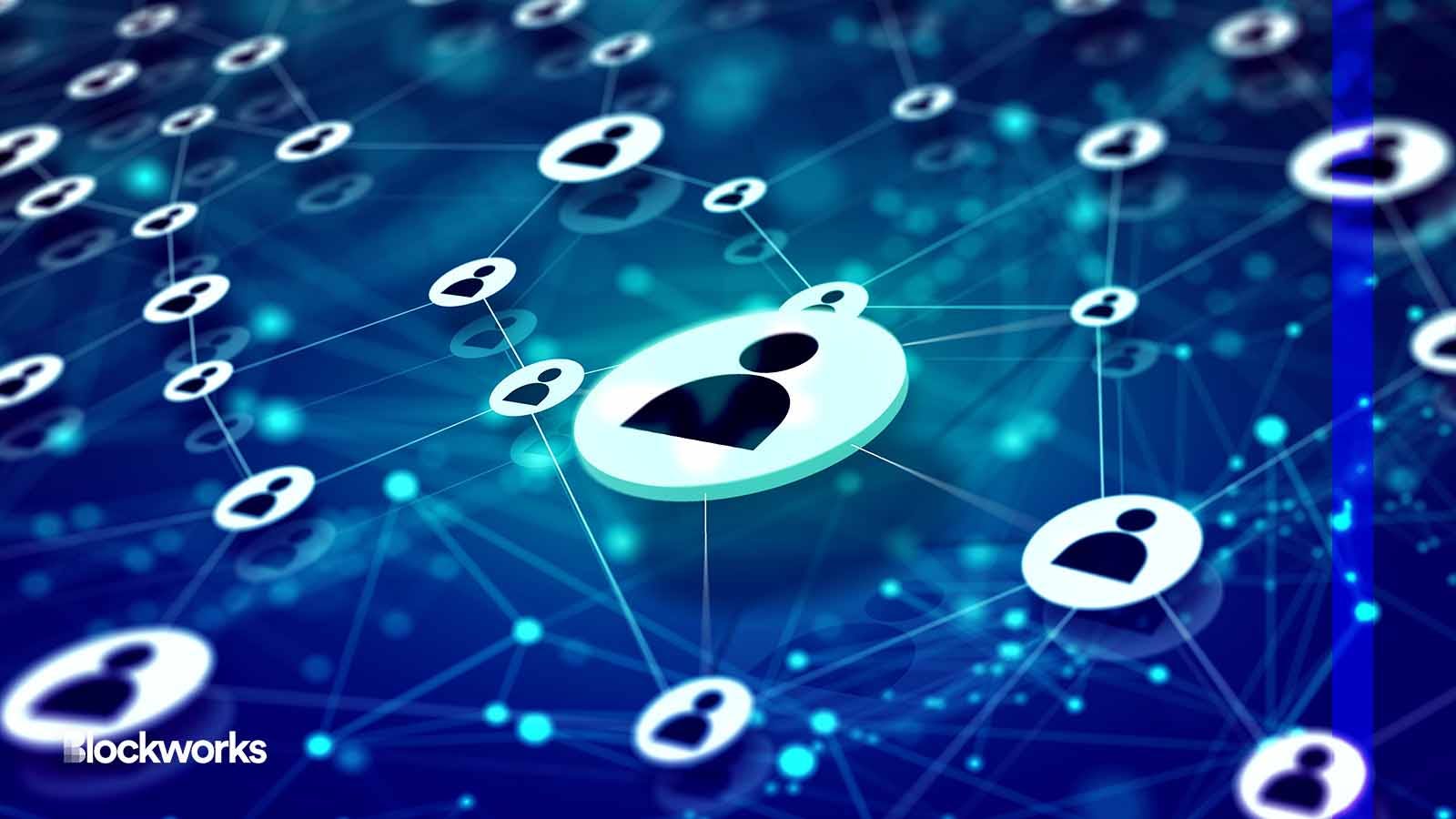DAOs and BORGs — What’s the Difference, and Who Cares?
Delphi Labs defines separate organizations designed to take over responsibilities from DAOs in effort to allow them to return to decentralized and autonomous roots

PeachShutterStock/Shutterstock modified by Blockworks
Delphi Labs has revealed a framework for organizations that it says would complement DAOs and address some of their shortcomings.
The so-called Cybernetic Organizations, or BORGs, would arm state-chartered entities with autonomous software, such as smart contracts and artificial intelligence (AI), the research and development division of crypto research firm Delphi Digital wrote in a blog last week.
Organizations can gradually evolve into BORGs as DAOs work out their kinks, one industry executive said, while another said BORGs could regress a system striving to be fully democratized.
DAOs are decentralized autonomous organizations in which power is typically granted to token holders who vote on various proposals. A DAO’s votes and activities are posted on a blockchain.
BORGs would not — unlike a DAO — be designed with full transparency, decentralization or autonomy in mind, the Delphi Labs blog post states.
DAOs have evolved into “complex non-compliant off-chain businesses,” or have become either non-autonomous or non-decentralized, according to the firm.
Moving certain business activities to “DAO-adjacent” BORGs would provide a more compelling way to solve these issues than DAO-specific laws, according to Delphi Labs.
The fusion of on-chain contracts and adaptive AI are set to manage a range of economic activities over the next decade, such as commercial agreements and capital allocation, according to Umami Labs CEO Alex O’Donnell.
“The goals that DAOs have sought to achieve, so far without success, will be brought to fruition, incrementally and over time, by BORGs,” he told Blockworks. “Trustless smart contracts and artificial intelligence are destined to dramatically diminish the scope for human error in virtually every industry.”
But Delphi Labs asserts that BORGs would not replace DAOs, claiming rather that, “BORGs are needed so that DAOs can be DAOs and remain the supreme form of internet-native organization while other forms of blockchain-augmented organizations can experiment under their own identity.”
The pros and cons of BORGs?
Many DAOs currently are as centralized as conventional startups, O’Donnell argued. He added that the technical capabilities to effectively govern organizations without centralized human decision-makers simply do not yet exist.
BORGs can be housed within almost any type of organization, from DAOs to public companies, the Umami Labs CEO explained.
“Ultimately, what matters isn’t the label an organization adopts, but the progress it makes toward minimizing trust assumptions,” O’Donnell said. “At present, no organization can credibly claim to be a DAO, but every organization can gradually evolve into a BORG.”
But not all are sold on the concept of BORGs.
While it is clear that DAOs and BORGs can coexist within a multi-entity structure, they are incompatible as a basis from which to structure one entity, said Bernhard Blaha, CEO of decentrally governed organization The People’s SCE.
“If a blockchain project is decentralized in its technological makeup and offers ‘community-driven’ distributed data or services, but has a corporate structure running it, then it is no different to a traditional company,” Blaha told Blockworks.
Blaha acknowledged that DAOs are a relatively new concept, and therefore continue to work out fair methods of governance and security, while dealing with a host of scalability issues. He also speculated that BORGs could push a more corporate structure that disempowers members.
“Having a BORG operate alongside a DAO to manage people-centric blockchain projects is rather like inventing a supersonic solar-powered aircraft and then insisting that an official from the Civil Aviation Authority has to walk in front of it with a red flag,” Blaha said.
Though some entities currently resemble the design of BORGs, Delphi Labs said its framework is the first attempt to try to define them.
The company labels The Curve Emergency DAO and The Aave Community Guardian — multisigs that are able to halt the protocol without a DAO vote — as entities that could be defined as security BORGs, for example.
Delphi Digital did not immediately return a request for comment.
Get the news in your inbox. Explore Blockworks newsletters:
- The Breakdown: Decoding crypto and the markets. Daily.
- 0xResearch: Alpha in your inbox. Think like an analyst.






